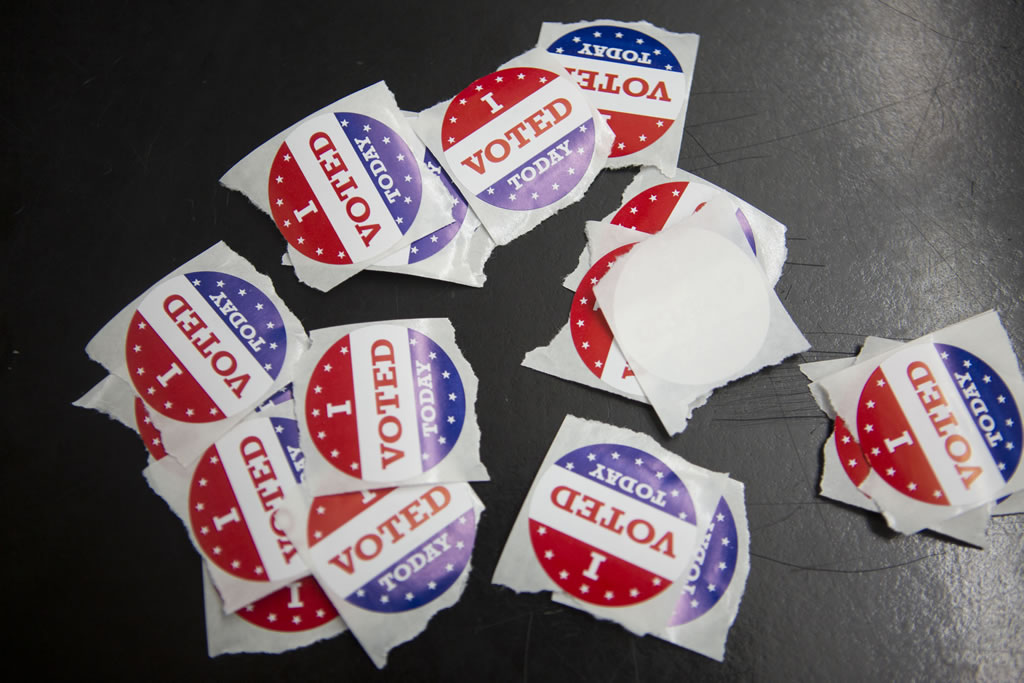GOP guv candidate Tim Michels is calling for removing all current members of the Wisconsin Elections Commission and firing senior staff as part of a package to reorganize the agency and overhaul election laws.
Michels' plan released Thursday would call for new appointments to be made within 60 days and require all agency staff to reapply to work for the newly constituted board.
GOP rival Rebecca K...
Please log in to access subscriber content.
If you don't have a subscription, please contact schmies@wispolitics.com for subscription options on the WisPolitics-State Affairs platform, which is the new home for WisPolitics subscriber products.


